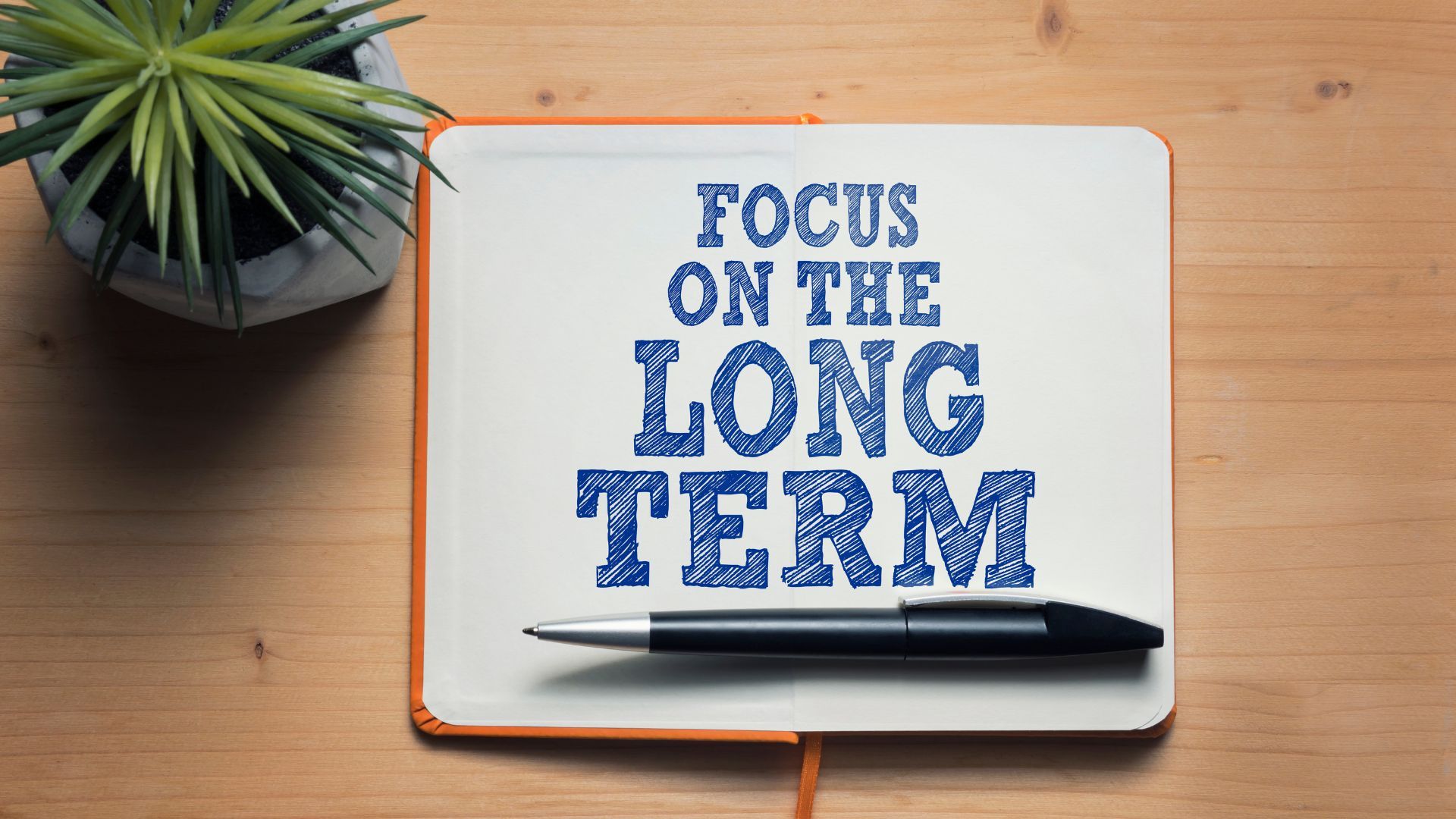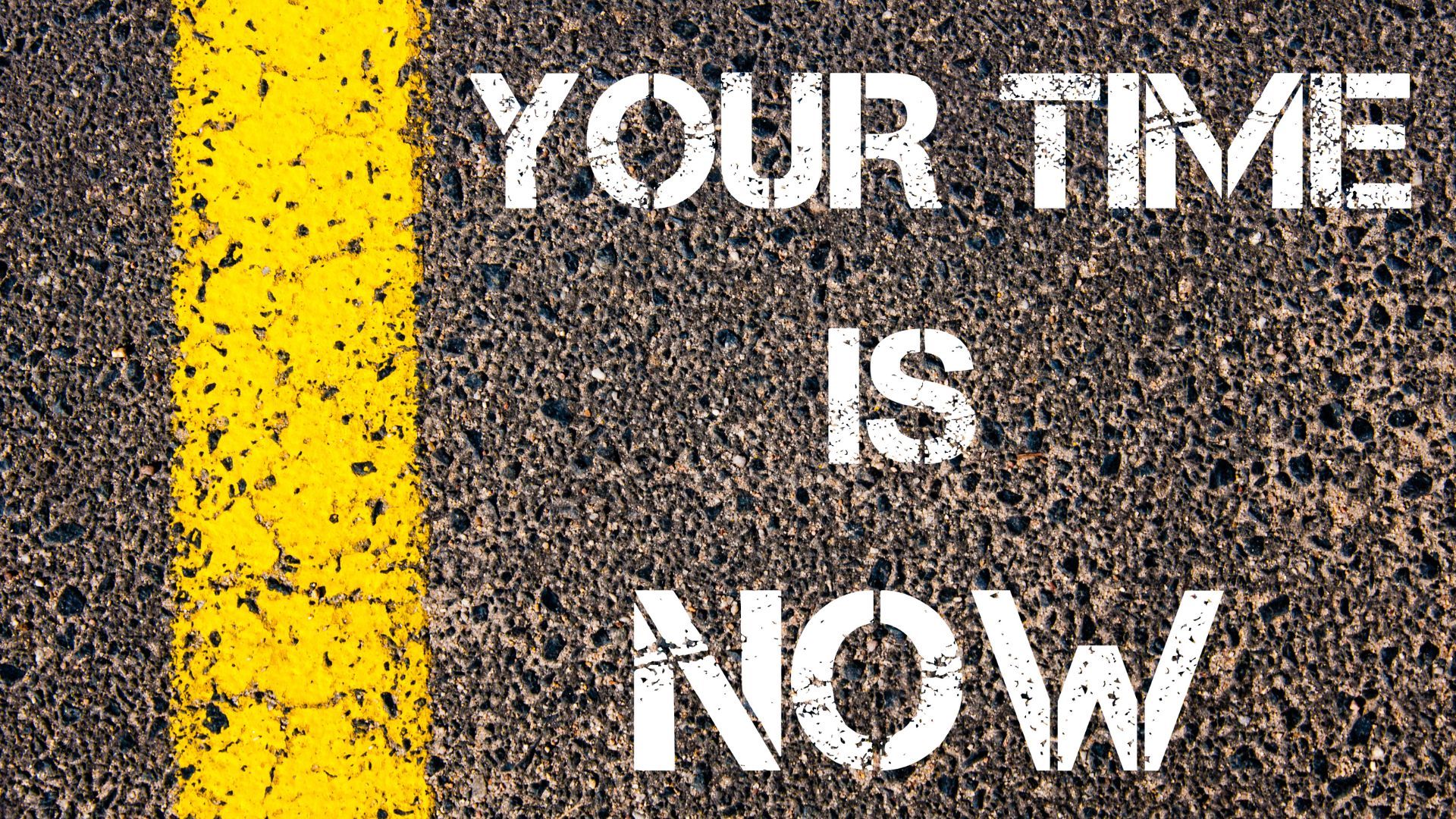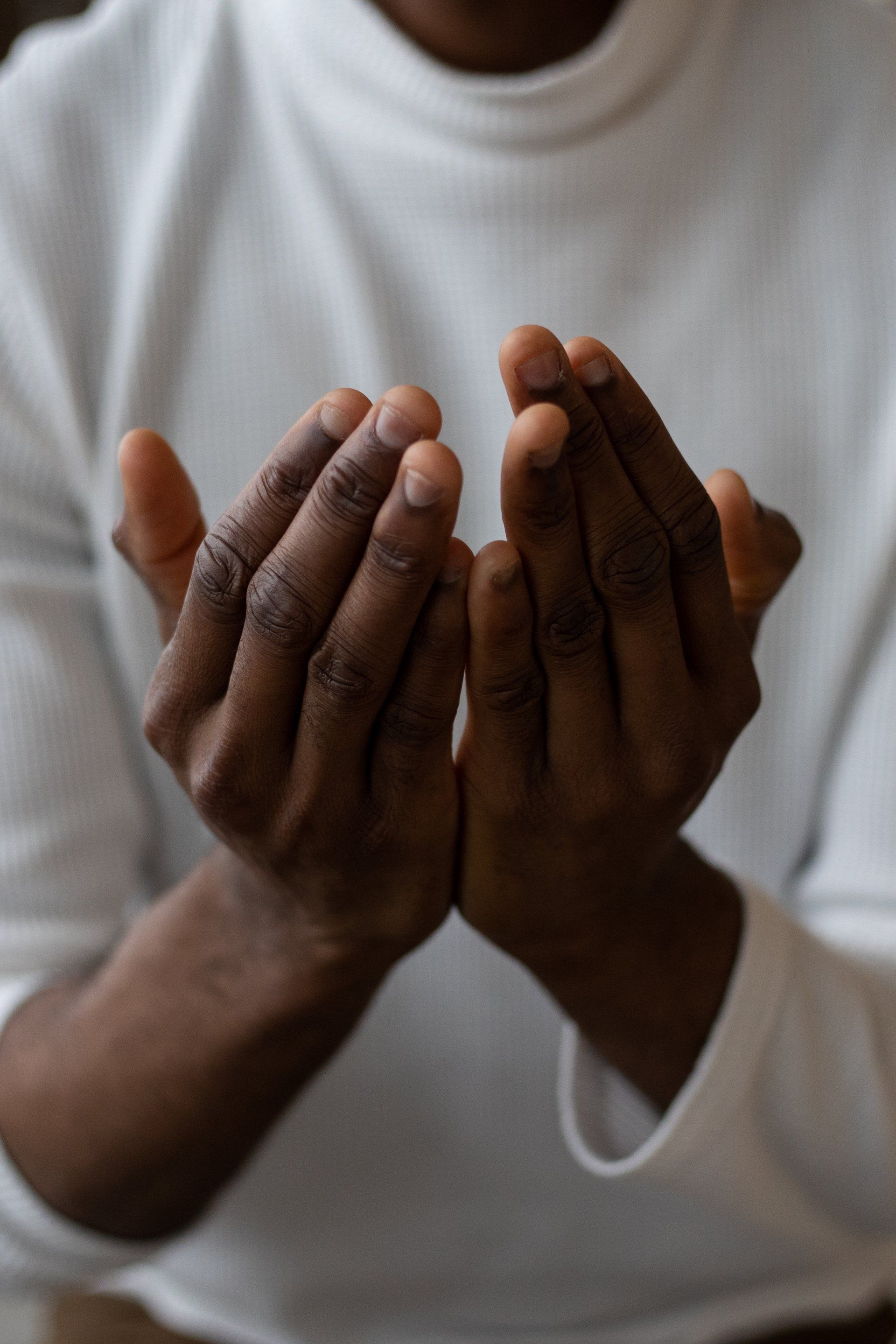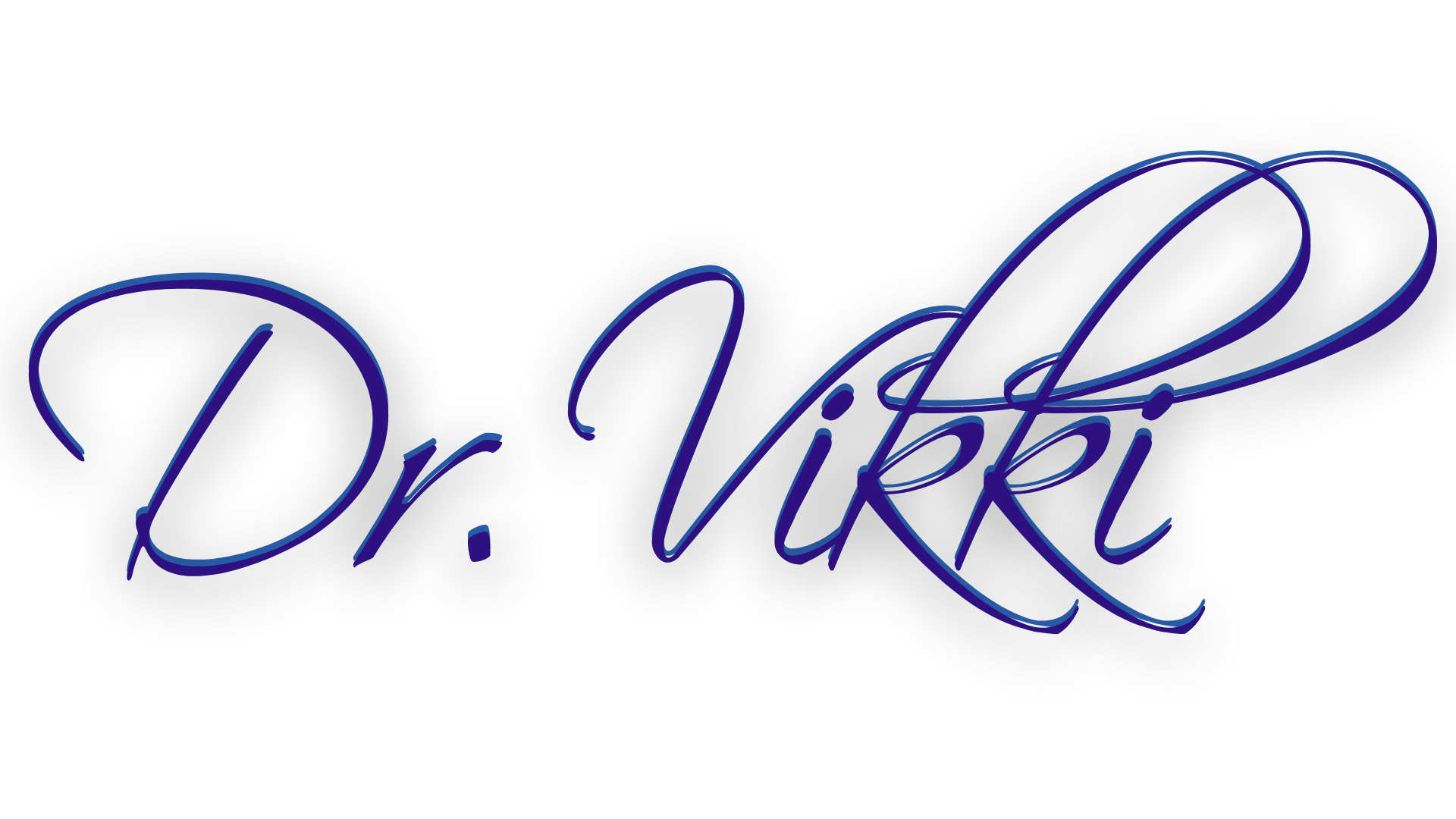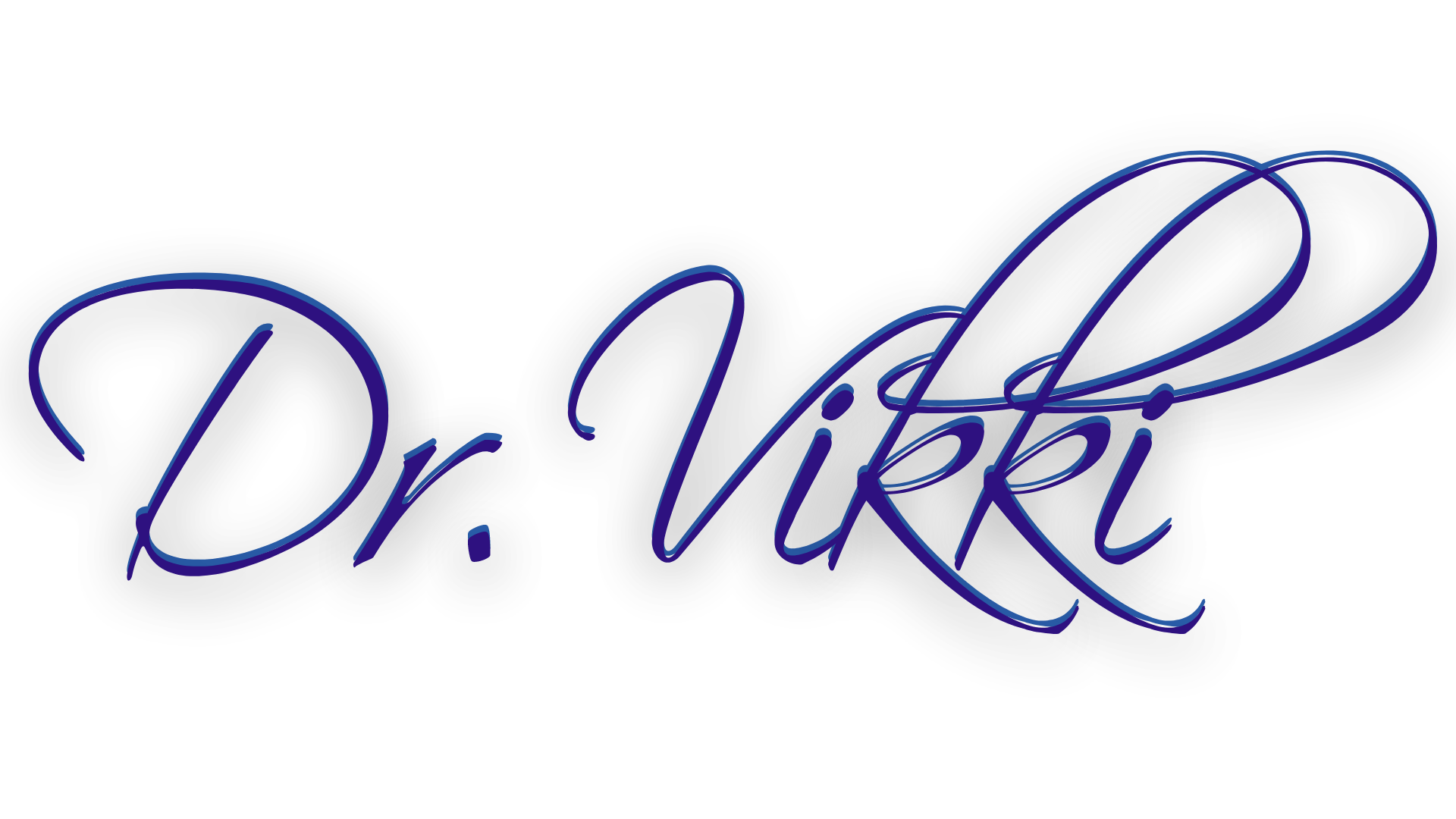We Are Made for Larger Ends
I recently read the following quote by Catherine Booth in Sarah Ban Breathnach's The Simple Abundance Journal of Gratitude: "We are made for larger ends than Earth can encompass. Oh, let us be true to our exalted destiny."
As I read this quote, I thought about my belief that there is divine potential in every human being. Sometimes life throws things our way that make it difficult for us to see ourselves for who we truly are -- divine, spiritual beings. I believe each of us has a divine purpose for our lives. The purpose is often greater than we think it will be because we get stuck in our egos -- believing we are the self others have taught us we are.
Honestly, I believe the self is beyond all that we imagine. We cannot imagine all of the ways our words and actions impact others. For example, like many others, I've shared lessons learned from my parents with friends, colleagues, students, patients, clients, congregants, and others. Some of these lessons were then shared with others, and they subsequently shared those lessons. I'm pretty sure my parents intended to help me. I can't imagine they thought I would share those lessons with others. However, I believe the lessons they shared had a more significant spiritual intent than perhaps my parents intended. Their thoughtful words of wisdom not only helped me, but they also helped others with whom I shared to reach their divine destiny. In a way, their words were beyond earthly intentions.
